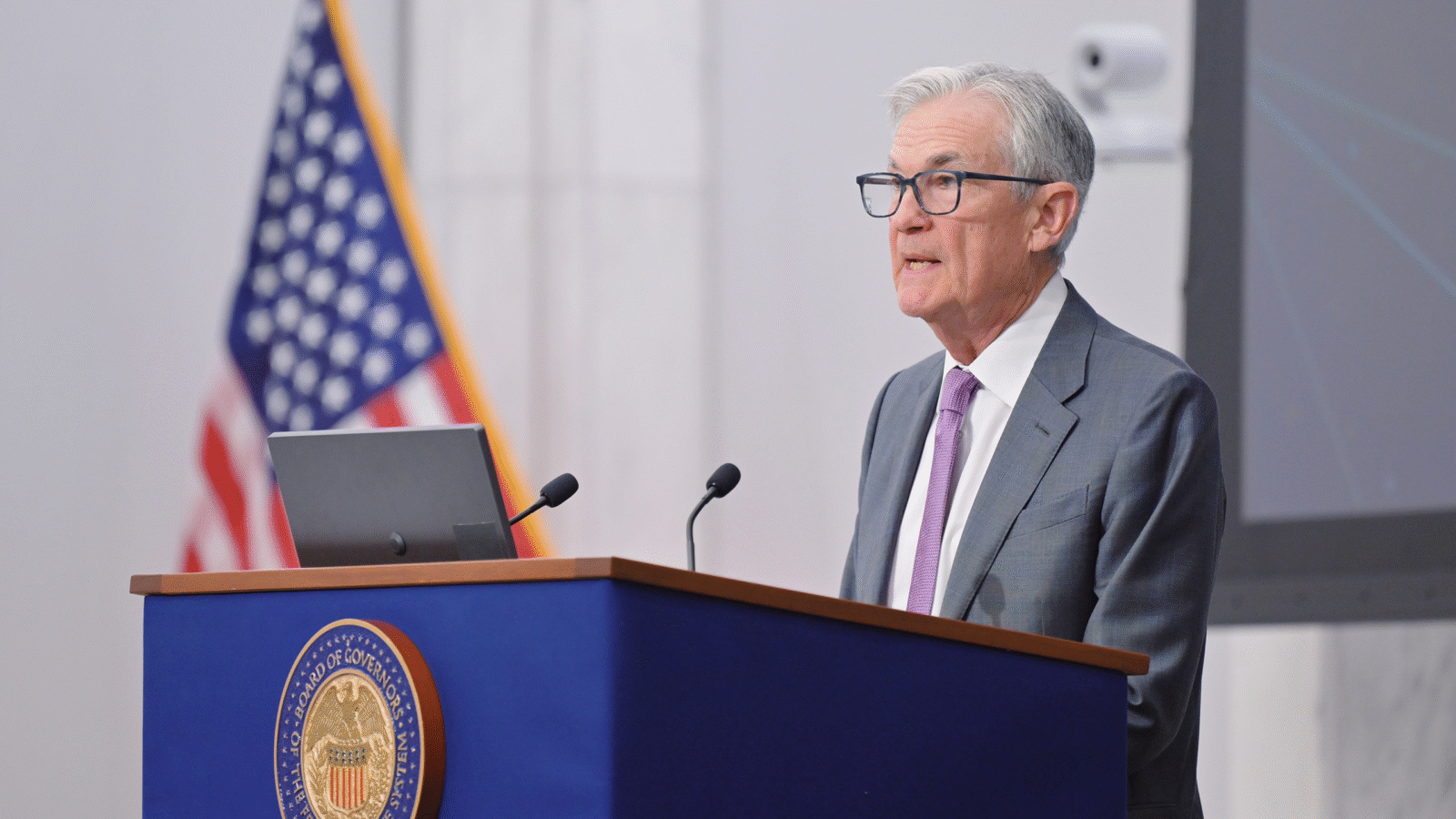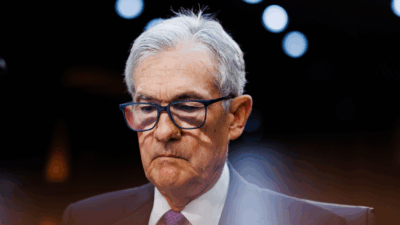
Sign up for smart news, insights, and analysis on the biggest financial stories of the day.
Russian forces continued an unprovoked incursion into Ukraine Thursday, facing broad criticism from the international community and provoking what could be a protracted foreign affairs crisis, as well as an economic one.
Here’s how some key economic measures behaved on the first full day of the invasion, and some risks — including stagflation — that have analysts worried.
Oil Gets Murky and Wheat Gets Shredded
Russia’s biggest influence over the global economy is in commodities — it’s the world’s second-largest natural gas producer and the third-largest oil producer. Any extended disruption to global order is expected to put severe stress on energy prices, which were already surging as waning pandemic restrictions have unlocked pent-up demand:
- On Thursday, international oil benchmark Brent crude jumped 9% to nearly $106 a barrel, the highest in nearly eight years. Futures for Europe’s wholesale gas price surged as much as 69% to €142 per megawatt-hour — it was only €16 one year ago.
- Russia and Ukraine also account for 14% of the world’s wheat production and nearly a third of all wheat exports. Wheat futures listed in Chicago rose 6% to $9.26 a bushel, the highest price in nearly a decade. The two countries also account for a fifth of global corn trade.
The Sanctions: The European Union, Japan, Australia, Canada, Germany, and the United States all launched various sanctions against Russian banks and financial firms Thursday. Collectively, the country’s financial sector holds $1.4 trillion in assets. The UK proposed kicking Russia out of the Swift international payments system, although EU and German officials called that one step too far. Meanwhile, The Economist warned that an escalating battle of economic sanctions could lead Russia to withhold neon gas (which is used for manufacturing semiconductors and 70% of which comes from Ukraine), ban Western airlines from flyover routes to Asia, or even consider cyberattacks against US or EU financial institutions.
The Outlook: “Geopolitical tension is raising oil prices, meaning the inflation that was deemed transitory a few months ago could last even longer,” Trevor Greetham, head of multi-asset at Royal London Asset Management, told the Financial Times. “A big inflation impact in the US and Europe means central banks could raise interest rates further than anticipated, which brings a risk of economic stagflation.”
A Big Gas Station: Another analyst downplayed Russia’s power to impact wider markets. “Russia is incredibly unimportant in the global economy except for oil and gas,” Harvard economist Jason Furman told the New York Times. “It’s basically a big gas station.”











